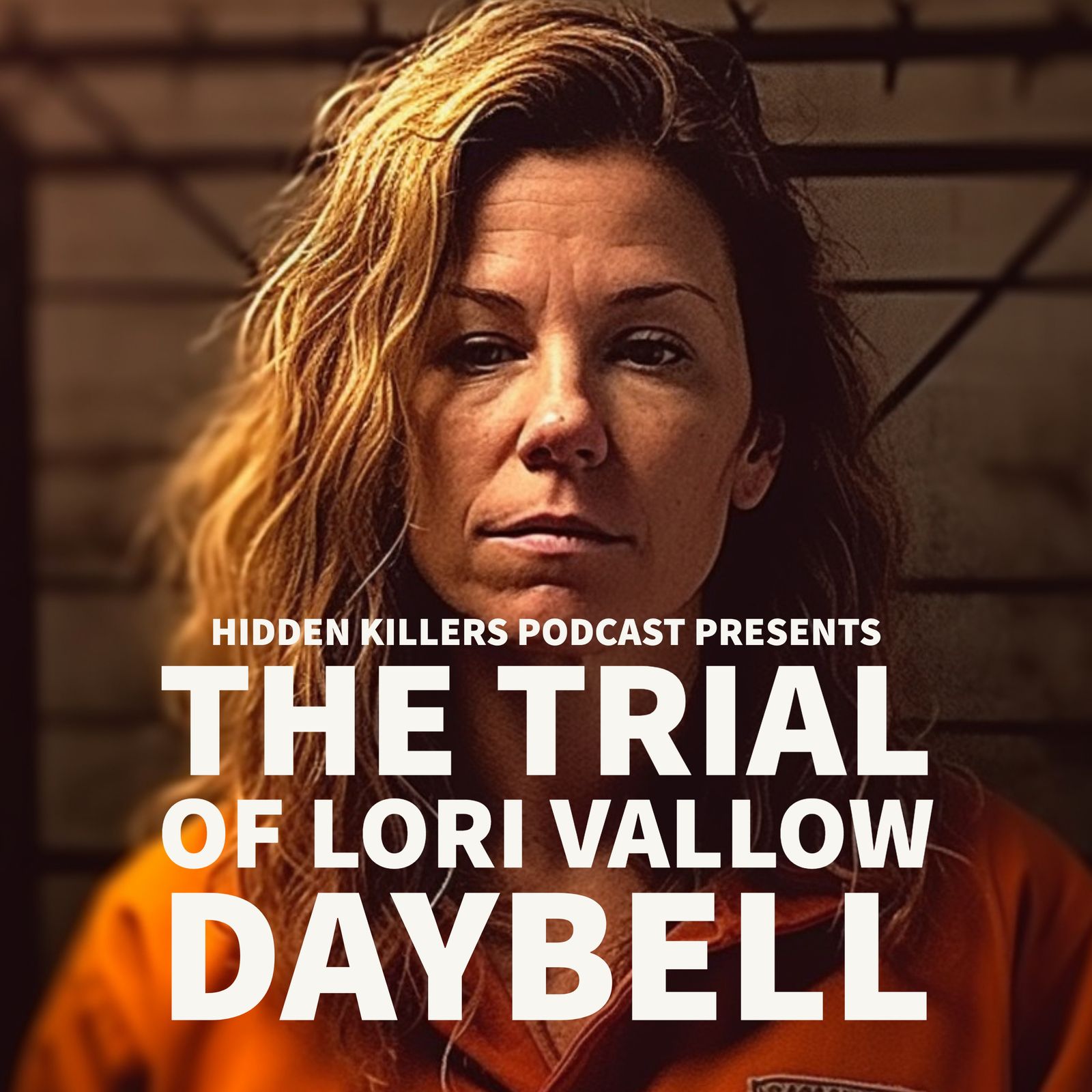Victim Impact Statements Bounced Off Evil & Delusional Lori Daybell

In a recent episode of the podcast “Hidden Killers,” host Tony Brueski delves into the controversial and challenging topic of victim impact statements. The discussion features Shavaun Scott, a prominent psychotherapist, and author who sheds light on the aftermath of such statements and the psychological context of the perpetrators.
The conversation initiates with Brueski acknowledging the crucial role of victim impact statements, offering victims a chance to confront their perpetrators. However, he questions whether this exercise brings any real closure to the victims or if it inadvertently triggers further trauma. “Do victims find peace?” Brueski queries, highlighting a matter often overlooked in judicial processes.
In response, Scott underscores that victims gain a sense of validation from such statements, facilitating their healing process. “They get a sense of, you know, people are at least paying enough attention to listen to me, and I think that’s healing,” she explains. However, Scott also draws attention to the victims’ expectation of remorse from the perpetrators, which, she notes, often goes unfulfilled. “We certainly don’t see that happening here,” she remarks, pointing towards the disconnect demonstrated by some perpetrators, such as ‘Lori,’ a character used for illustrative purposes.
Scott further dissects Lori’s behavior, dismissing it as a simple defense mechanism. Rather, she brings forward the information from a pre-sentence investigation report, revealing Lori’s diagnosis of ‘delusional disorder with grandiose persecutory delusions and hyper religiosity.’ A diagnosis, Scott comments, that “is very dangerous.”
Brueski and Scott delve into Lori’s psychological profile, investigating whether her disorder could be traced back to her past or was aggravated due to external influences. Based on interviews with her relatives, Scott reveals Lori’s preoccupation with ‘the end of times’ and ‘evil’ had intensified in the years leading up to her diagnosis. This fixation, combined with her grandiosity and narcissism, created a fertile ground for delusional thinking. “This delusional thinking was a layer on top of that,” Scott explains.
However, Lori’s condition took a dangerous turn upon meeting ‘Chad,’ another character introduced in the podcast. The fusion of their shared delusions, coupled with sex, greed, and the urge for power, proved highly combustible. “The two of them were really an accelerant for each other,” Scott states, referring to their combined toxicity.
When asked about Lori’s potential for rehabilitation, Scott cautiously remarks that while Lori can be managed in a structured environment like a prison, she is unlikely to be safe outside of it. “I don’t see her ever being a safe person to be managed outside of prison. I don’t think we’re gonna see that happen,” she opines.
Want to listen to ALL of our podcasts AD-FREE? Subscribe through APPLE PODCASTS, and try it for three days free: https://tinyurl.com/ycw626tj
Follow Our Other Cases: https://www.truecrimetodaypod.com
The latest on Catching the Long Island Serial Killer, Chad & Lori Daybell, The Murder of Ana Walshe, Alex Murdaugh, Bryan Kohberger, Lucy Letby, Kouri Richins, Justice for Harmony Montgomery, The Murder of Stephen Smith, The Murder of Madeline Kingsbury, and much more! Listen at https://www.truecrimetodaypod.com
The conversation initiates with Brueski acknowledging the crucial role of victim impact statements, offering victims a chance to confront their perpetrators. However, he questions whether this exercise brings any real closure to the victims or if it inadvertently triggers further trauma. “Do victims find peace?” Brueski queries, highlighting a matter often overlooked in judicial processes.
In response, Scott underscores that victims gain a sense of validation from such statements, facilitating their healing process. “They get a sense of, you know, people are at least paying enough attention to listen to me, and I think that’s healing,” she explains. However, Scott also draws attention to the victims’ expectation of remorse from the perpetrators, which, she notes, often goes unfulfilled. “We certainly don’t see that happening here,” she remarks, pointing towards the disconnect demonstrated by some perpetrators, such as ‘Lori,’ a character used for illustrative purposes.
Scott further dissects Lori’s behavior, dismissing it as a simple defense mechanism. Rather, she brings forward the information from a pre-sentence investigation report, revealing Lori’s diagnosis of ‘delusional disorder with grandiose persecutory delusions and hyper religiosity.’ A diagnosis, Scott comments, that “is very dangerous.”
Brueski and Scott delve into Lori’s psychological profile, investigating whether her disorder could be traced back to her past or was aggravated due to external influences. Based on interviews with her relatives, Scott reveals Lori’s preoccupation with ‘the end of times’ and ‘evil’ had intensified in the years leading up to her diagnosis. This fixation, combined with her grandiosity and narcissism, created a fertile ground for delusional thinking. “This delusional thinking was a layer on top of that,” Scott explains.
However, Lori’s condition took a dangerous turn upon meeting ‘Chad,’ another character introduced in the podcast. The fusion of their shared delusions, coupled with sex, greed, and the urge for power, proved highly combustible. “The two of them were really an accelerant for each other,” Scott states, referring to their combined toxicity.
When asked about Lori’s potential for rehabilitation, Scott cautiously remarks that while Lori can be managed in a structured environment like a prison, she is unlikely to be safe outside of it. “I don’t see her ever being a safe person to be managed outside of prison. I don’t think we’re gonna see that happen,” she opines.
Want to listen to ALL of our podcasts AD-FREE? Subscribe through APPLE PODCASTS, and try it for three days free: https://tinyurl.com/ycw626tj
Follow Our Other Cases: https://www.truecrimetodaypod.com
The latest on Catching the Long Island Serial Killer, Chad & Lori Daybell, The Murder of Ana Walshe, Alex Murdaugh, Bryan Kohberger, Lucy Letby, Kouri Richins, Justice for Harmony Montgomery, The Murder of Stephen Smith, The Murder of Madeline Kingsbury, and much more! Listen at https://www.truecrimetodaypod.com

